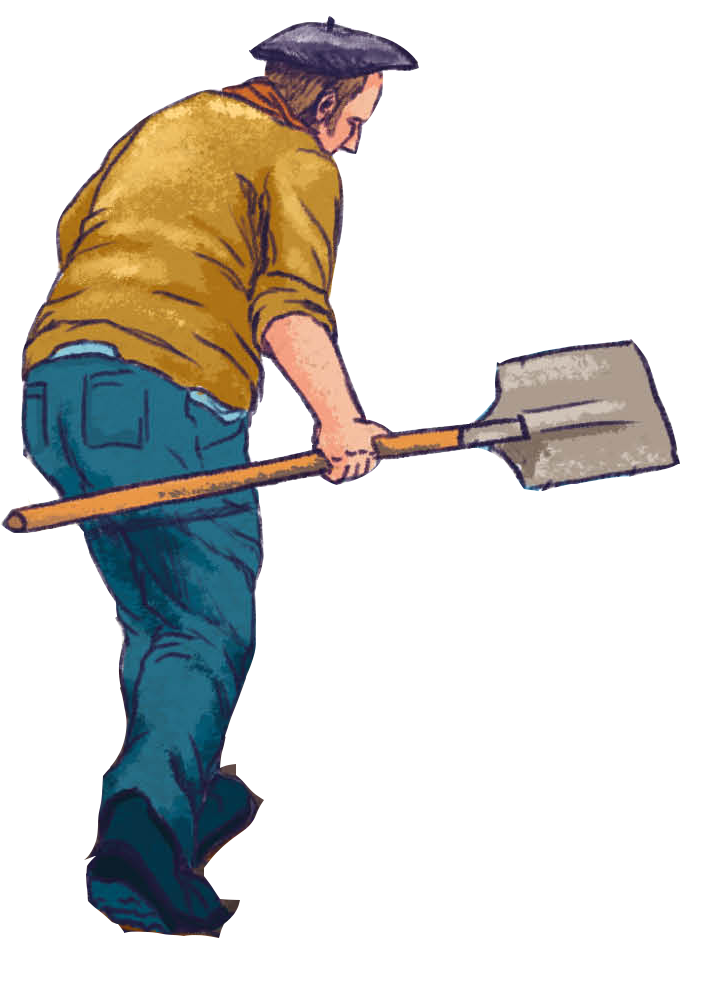“The salaries are very low”
Eneko Leunda (ELA) and Xabier Izagirre (LAB) are the workers' representatives at the Tolosa and Donostia workshops: "Working with people with mental disabilities is not easy", Leunda tells us. Izagirre, on the other hand, says that "the numbers of people with mental illnesses has increased over the last fifteen years. For instance, even people who have studied at university, but who have got involved with drugs, suffer from depression."

“We defend the same rights for all workers, but each of these workers has particular characteristics, we have to listen to each person's problems and, so, the problems are not just work issues, we also have to listen to their difficulties outside work. So we have to work as 'psychologists'", they both say.
“At first Gureak was an occupational centre, it was special, the workshops were protected. And still now 1,000 of the 5,500 workers do not have contracts. The growth has been incredible. A new model should be worked on in order to improve the situation. A medical office would be good for improving workers' efficiency; there is a personal helper, but that has to be improved on", Izagirre adds.
As companies and public authorities apparently do not comply with the Disabled People's Social Integration Law, workers with disabilities go to specialised centres: "These centres are increasingly large, and the transition phase is not carried out as it should be. Ordinary companies do not take these disabled people on, they employ them through subcontracts. And at what price do they work? Well, at the price the companies set, which is the lowest possible. That's the real problem. If the Basque Autonomous Community companies complied with the law, Gureak would be their starting point: an occupational centre and its training, perhaps, developed in a different way", they both say.
In these two ELA and LAB representatives' words, "companies should comply with the law, but to do so the law itself must be updated. Gureak has resources and it does really good work, highly qualified work, increasingly so, but we always hear the same excuse: "The market's in really bad shape." Gureak works for very large companies in the automobile sector, and using increasingly sophisticated processes, but it seems it makes profits for the other companies. "These workers are happy with their jobs, but they all want to earn more. That's what they tell us. They know what other people earn, and people with contracts know 'how much they make at other places'. It's a normal thing to want, we want it to."
Companies like Gureak are a gift for the public authorities. In fact, if Atzegi had not set up Gureak back in the day, the authorities would have had to and, if that had not happened, they would have had much higher costs: "We were both civil servants, our wages were public sector ones."
Gipuzkoa seems to be on the right track, but they both believe that "a well-run public system should improve these companies' situation, if public administrations took charge of them, these people would be in a different place."
“We criticise the Basque Government rather than Gureak, it's the government which should protect conditions and rights. The Basque Government should fine companies which don't comply with the law. That's the snag. In fact, except for salaries the other conditions are good: holidays and relationships, for instance. But, just like us, they want to earn more, live in a flat with their partner, and they can't".
This article was translated by 11itzulpen.






















